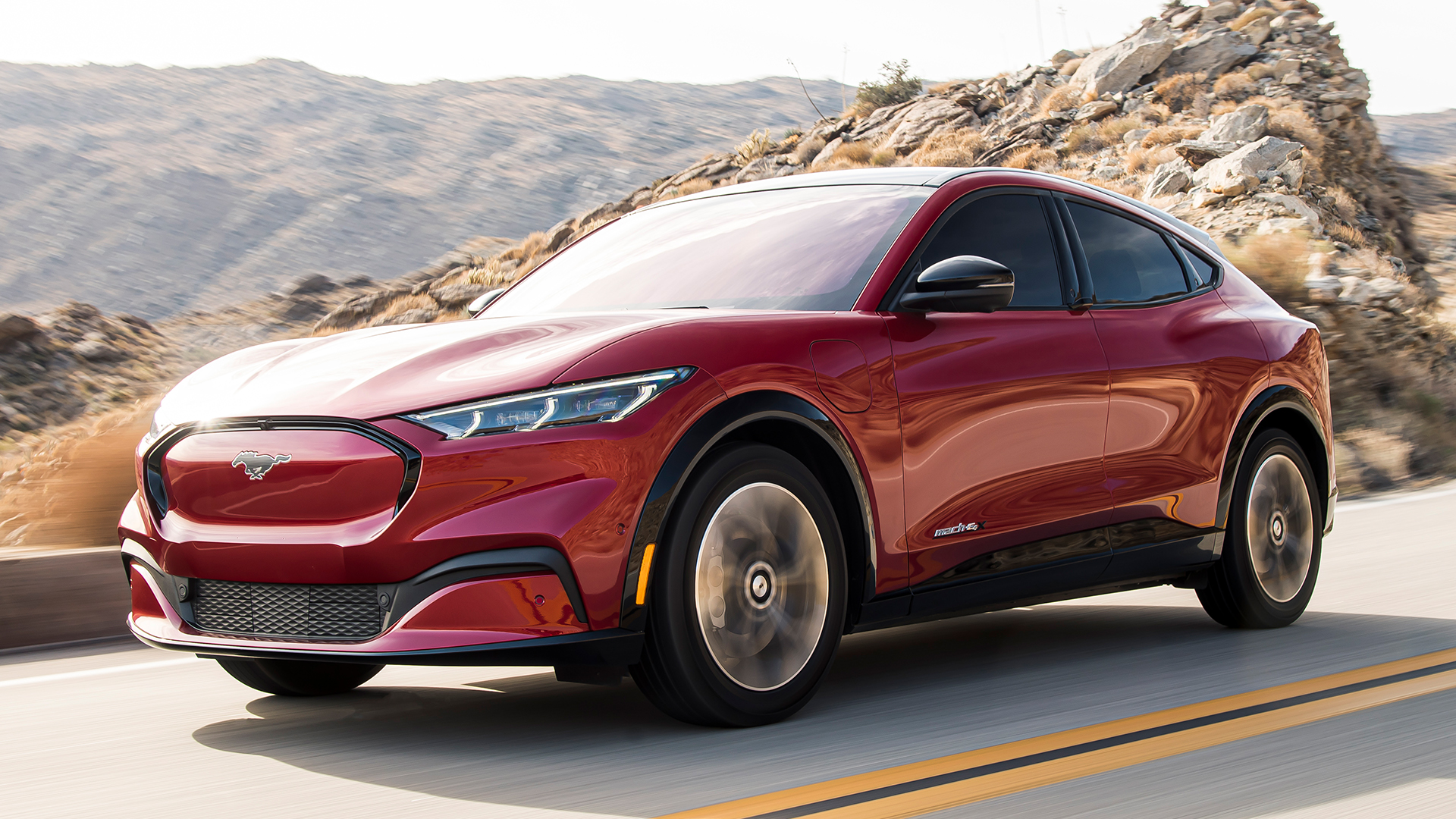

Washington will follow California’s decision to ban the sale of new gas-powered cars by 2035, the Governor Jay Inslee says.
Inslee’s commitment was publicly announced in a tweet. It came prior to the California Air Resources Board’s official vote to adopt a policy that requires all new passenger cars sold in the state to be powered by either electricity or hydrogen come 2035. This will trickle down to Washington’s consumers as well thanks to a 2020 law that requires the state’s Department of Ecology to adopt CARB standards.
Washington won’t be alone in adopting this, either. In fact, more than a dozen states operate under CARB standards in some form, including Colorado, Connecticut, Delaware, Maine, Maryland, Massachusetts, New Jersey, New York, Rhode Island, Oregon, Pennsylvania, Vermont, and Washington D.C. So far, Washington state is the only entity to announce that it will be adopting the 2035 cutoff.
Massachusets and New York appear to be the next two states in line. Massachusets Governor Charlie Baker signed a bill into law earlier this month that will likely result in the state abiding by the new CARB standards when they take effect. Likewise, New York has been vocal about its own self-imposed 2035 deadline set in a law passed last year.
Some automakers have also announced similar targets. General Motors, for example, says that it “aims to” end the sale of its gasoline and diesel vehicles by 2035.
While consumers will still be able to buy used gas vehicles, nearly all new passenger car sales will need to be electric or powered by hydrogen. Hybrid vehicles, meanwhile, can make up to one-fifth of sales. CARB believes that its policy will help to cut total tailpipe emissions in California by half within five years of the policy being put into practice. Similar figures will likely spill over to other states that adopt the policy.
In order to make this deadline work effectively, state governments, automakers, and everybody in between will need to get to work. The Alliance for Automotive Innovation slammed the short timeframe, noting that it would be “extremely challenging” for even the largest of automakers to meet the target given the industry’s current challenges. Meanwhile, many states are already planning how they will use federal grant funds to build intricate DC fast charging networks along highways according to new standards. And, of course, the recently revised EV tax credit will make it even easier for consumers to buy battery-powered cars over the next 10 years.
Got a tip or question for the author? Contact them directly: rob@thedrive.com